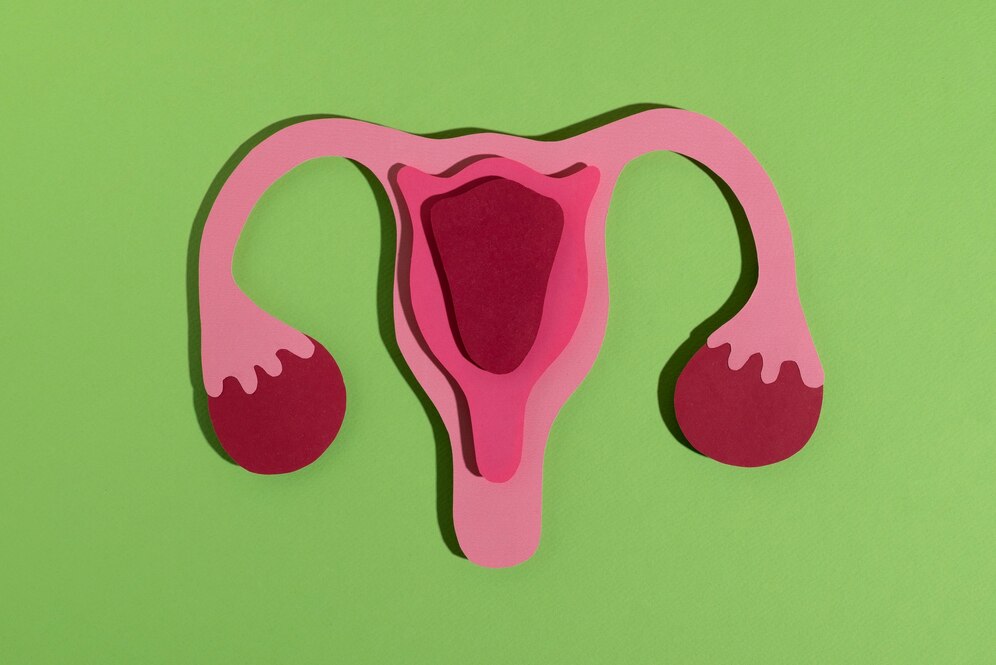Maintaining feminine hygiene during your period is crucial not only for comfort but also for overall health and well-being. The period, a natural part of every woman’s life, comes with specific challenges that can affect hygiene and cleanliness. To avoid unpleasant odors, irritation, and infections, it is important to take proactive measures in maintaining good hygiene practices.
Why Feminine Hygiene is Crucial During Your Period?
The menstrual cycle creates an environment where bacteria thrive. As your body sheds the uterine lining, it can sometimes lead to bacterial overgrowth, which might cause infections if not managed correctly.
By practicing good hygiene, you help maintain a healthy balance of bacteria and yeast in the vaginal area. Additionally, good hygiene minimizes the chances of unpleasant odors, which is crucial for maintaining self-confidence during menstruation.
Preventing Odors, Discomfort and Avoiding Infections
Menstrual blood is naturally acidic, which, when combined with sweat and bacteria, can cause an unpleasant smell. Regular cleansing and proper product choice can minimize these odors and maintain a fresh feeling.
Additionally, period discomfort such as itching and irritation is common but can be alleviated by proper hygiene and using the right menstrual products.
The vaginal area is sensitive and prone to infections like yeast infections and bacterial vaginosis, particularly during menstruation.
If proper hygiene is neglected, the risk of developing such infections increases. Keeping the area clean and dry is one of the most effective ways to prevent these infections.
How Diet Impacts Menstruation and Feminine Health?
A well-balanced diet is essential not only for general health but also for regulating the menstrual cycle and supporting feminine hygiene. What you eat can either ease or exacerbate the symptoms of menstruation, such as bloating, cramps, and fatigue.
Furthermore, the nutrients from a healthy diet can influence the effectiveness of your body’s hygiene practices during your period.
Change Your Menstrual Product Regularly?
Regardless of the menstrual product you choose, it is essential to change it regularly to avoid any potential risk of bacterial buildup.
Tampons and sanitary pads should be changed every 4 to 6 hours, even if they seem dry, to maintain hygiene and reduce the risk of toxic shock syndrome (TSS), which is a rare but serious bacterial infection.
For menstrual cups, ensure you empty and wash the cup at least every 12 hours. Clean it thoroughly with mild soap and warm water after each use to prevent bacterial growth.
How best panty liners play a role in Menstrual Feminine Hygiene?
Panty liners are commonly used to absorb vaginal discharge or light spotting, helping women stay fresh and clean throughout the day. They prevent any leakage from staining underwear and provide an extra layer of protection against odor.
For women who have lighter days at the beginning or end of their period, the best panty liners are an effective way to manage the flow. They can also be used alongside tampons or menstrual cups to catch any residual leakage.
Diet and Lifestyle for Optimal Menstrual and Feminine Hygiene
Good nutrition and lifestyle choices play an important role in managing menstrual health and maintaining menstrual hygiene. A well-balanced diet that includes fiber, vitamins, and minerals can help regulate your cycle and reduce symptoms like cramps and bloating.
Staying hydrated and avoiding excessive sugar and caffeine intake can also benefit your overall well-being during menstruation.
Regular exercise helps reduce menstrual cramps and improve circulation. Yoga, in particular, is known for its ability to alleviate tension and improve flexibility, making it a great choice during menstruation.
Stress management techniques such as meditation and deep breathing can also help balance hormones and reduce PMS symptoms.
Practice Safe and Healthy Hygiene Habits
Always wash your hands thoroughly with soap and water before and after handling your menstrual products to avoid transferring bacteria to the vaginal area.
Tight pants or underwear can cause friction and trap moisture, increasing the risk of irritation and infections. Opt for loose-fitting clothing to allow better airflow.
Showering at least once a day during your period helps keep your body fresh. Use lukewarm water to avoid irritating the skin.
Address Period-Related Discomfort and Pain
For many, menstrual cycles come with discomfort or pain, including cramps, headaches, and bloating. Finding relief from these symptoms can greatly enhance your quality of life during your period.
Applying a warm compress or heating pad to your lower abdomen can help reduce menstrual cramps and muscle tension.
Over-the-counter pain relievers like ibuprofen or acetaminophen can be effective in managing cramps and other period-related pain. Always follow recommended dosages.
Gentle exercise, such as walking or yoga, can help relieve bloating and muscle tension, boosting mood and improving overall comfort.
Conclusion
Remember that good hygiene goes beyond just external care; paying attention to your overall health, diet, and comfort will help keep you feeling your best throughout your menstrual cycle. Stay hydrated, wear breathable fabrics, and most importantly, listen to your body to ensure that your hygiene routine supports both your health and your confidence.



